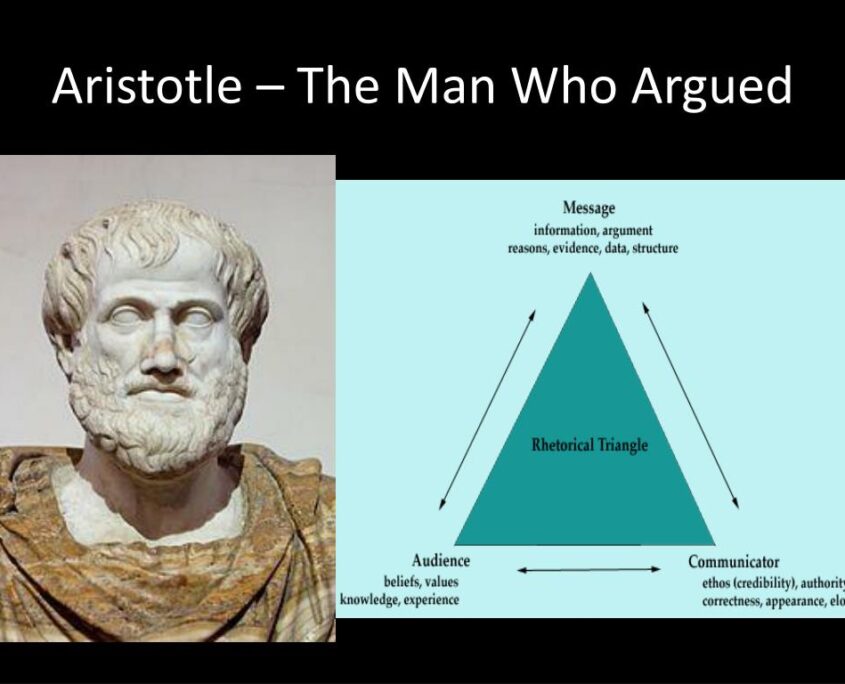Using Humor Well For A Memorable Sermon
Using Humor Well For A Memorable Sermon
In this series of posts we have been considering how to make a memorable sermon. The last post introduced humor as one strategy to create memorable sermons. In this post we’ll consider using humor well for a memorable sermon experience. Humor in a sermon is not for everyone. Some of us are not natural joke tellers. If that is you, don’t tell jokes. They will likely backfire. However, for the rest of us, humor can add punch, and make a sermon memorable Here are some guidelines for using humor well.
Make Sure You Know The Joke Well.
There’s an old joke about a preacher who couldn’t remember the punchline of his joke. Here’s how the story  goes: At a seminar for preachers in training, one speaker got everyone’s attention by announcing: “The best years of my life were spent in the arms of a woman that wasn’t my wife!”. This shocked the crowd! But then he followed up by saying, “And that woman was my mother!” The crowd burst into laughter and he continued his speech, which went over well. About a week later one of the ministers who had attended the seminar decided to use that joke in his sermon.
goes: At a seminar for preachers in training, one speaker got everyone’s attention by announcing: “The best years of my life were spent in the arms of a woman that wasn’t my wife!”. This shocked the crowd! But then he followed up by saying, “And that woman was my mother!” The crowd burst into laughter and he continued his speech, which went over well. About a week later one of the ministers who had attended the seminar decided to use that joke in his sermon.
As he timidly approached the pulpit one sunny Sunday, he tried to rehearse the joke in his head. It seemed a bit foggy to him this morning. He strode to the pulpit and announced loudly, “The greatest years of my life were spent in the arms of another woman who was not my wife!” – His congregation sat shocked. After standing there for almost 10 seconds trying to recall the second half of the joke, the pastor finally blurted out “…and I can’t remember who she was!”
Forgetting the punchline is dangerous, so make sure you know the story you are going to use well, or you may be send a very wrong message.
Connect The Joke To Your Main Point
James Barnette makes this point in a post on preaching.com.
 You are probably familiar with Aristotle’s rhetorical concept of ethos. Ethos is the perceived character of the speaker. Experiments in the field of communication reveal that the more relevant a humorous story is to the point of a speech or lecture, the more highly the speaker is perceived by the listeners. In fact, studies show that relevant humor increases listeners’ perception of the speaker in categories including dynamism, expertise, trustworthiness, competence, and intelligence. The key is that the humor be relevant to the point the speaker is making.
You are probably familiar with Aristotle’s rhetorical concept of ethos. Ethos is the perceived character of the speaker. Experiments in the field of communication reveal that the more relevant a humorous story is to the point of a speech or lecture, the more highly the speaker is perceived by the listeners. In fact, studies show that relevant humor increases listeners’ perception of the speaker in categories including dynamism, expertise, trustworthiness, competence, and intelligence. The key is that the humor be relevant to the point the speaker is making.
There are preachers who use humor simply as a way to warm up the audience. Joel Osteen, famous pastor in the United States, begins each message with a joke. The joke almost always has nothing to do with the message. It is there just to get peoples’ attention. After the joke he tells the people the theme for the message. That is not my style, and I don’t recommend it, but it is a tactic that can be useful on occasion.
Connecting the joke to your main point is one way of using humor well for a memorable sermon for your people.
Self-deprecating Humor Makes A Sermon Memorable
Some preachers don’t ever want to look bad. However, a joke told where you are not the hero, or the winner, or the one who came out on top, can humanize you to your audience. Self-deprecating humor is always preferable to humor where you put someone else down. If you cut down a person or a group with your humor, people will begin to mistrust you, because they don’t know when they will become the butt of one of your jokes.
Self-deprecating humor, on the other hand, disarms people. I like the way Michael Brooks put it in his weekly column for his church:
Perhaps the safest kind of humor is self-deprecating, or humor at our own expense. First lady Barbara Bush was masterful at this. When the Bushes came to the White House in 1989, reporters asked Mrs. Bush how she was different from former first lady Nancy Reagan.
“Well,” she said, “Nancy is a size 4 and I’m a size 44!”
Self-deprecating humor is a great example of using humor well for a memorable sermon experience.
To Be Continued
This subject is worth a continued exploration. We’ll look more at how to use humor in the next post. For further reflection here is a video with tips about using self-deprecating humor to improve speech.



